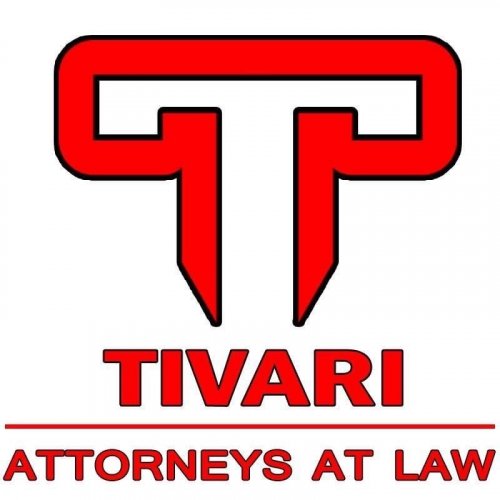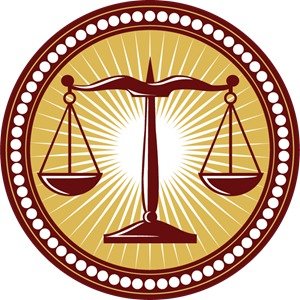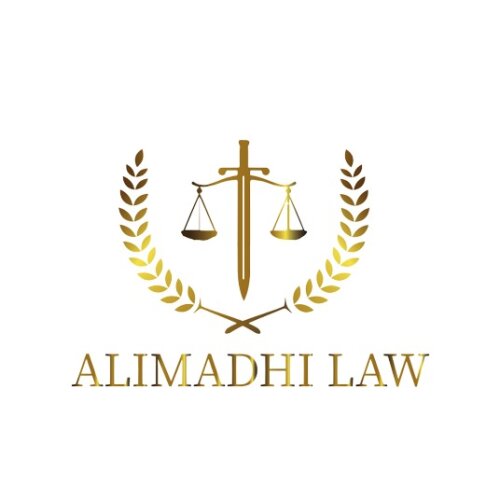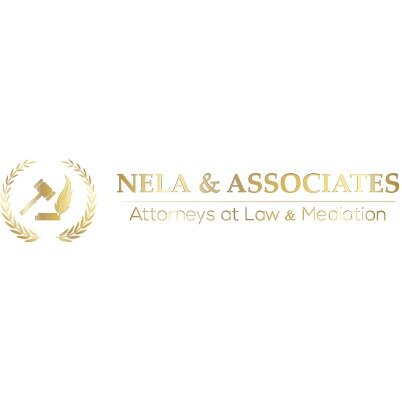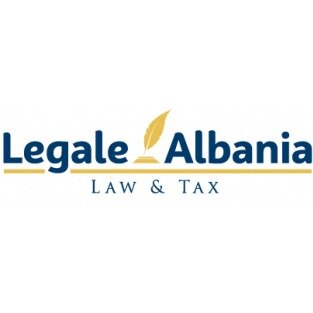Best Faith-Based Law Lawyers in Albania
Share your needs with us, get contacted by law firms.
Free. Takes 2 min.
Or refine your search by selecting a city:
List of the best lawyers in Albania
About Faith-Based Law in Albania
Faith-Based Law in Albania encompasses the legal principles and practices derived from religious beliefs and traditions. In Albania, where the population is diverse in its religious affiliations, Faith-Based Law typically interacts with civil law in areas such as family law, inheritance, and religious community regulations. Though Albania is a secular state, faith-based principles often guide individuals and communities in personal matters, and understanding these laws is crucial for individuals who wish to resolve disputes or make decisions based on their faith.
Why You May Need a Lawyer
There are several common situations where individuals may require legal assistance in the realm of Faith-Based Law in Albania:
- Resolving family disputes where religious laws may provide guidance or be a point of contention.
- Drafting and interpreting marriage contracts that incorporate religious principles.
- Navigating inheritance issues where faith-based rules may differ from civil law.
- Settling disputes within religious communities or organizations.
- Understanding legal rights and obligations in multi-faith marriages and partnerships.
- Preserving religious freedoms and addressing grievances related to religious discrimination.
Local Laws Overview
Albania's legal system is secular, but it recognizes the importance of religious principles to its citizens. Some key aspects of local laws relevant to Faith-Based Law in Albania include:
- The Constitution of Albania protects religious freedom and the autonomy of religious communities.
- Family law allows for certain religious practices to be considered during legal proceedings, especially regarding marriage and divorce.
- Religious communities are legally recognized and governed by their statutes, insofar as they do not conflict with state laws.
- Inheritance laws primarily follow civil procedures but can take into account religious customs if agreed upon by involved parties.
Frequently Asked Questions
What is Faith-Based Law?
Faith-Based Law refers to legal principles and practices that are derived from religious doctrines and beliefs. These laws can influence personal and community decisions within Albania's diverse cultural landscape.
Is Faith-Based Law legally binding in Albania?
Faith-Based practices are respected; however, they must align with Albania's secular legal framework. In family and inheritance matters, faith-based agreements are recognized if they do not contravene national laws.
Can faith-based principles be applied in civil disputes?
Yes, but any application of faith-based principles in civil disputes must conform with the overarching secular laws of Albania.
What happens if there is a conflict between civil law and Faith-Based Law?
In cases of conflict, civil law generally takes precedence. However, individuals may negotiate resolutions that respect their faith within the bounds of Albanian law.
How does Faith-Based Law affect marriage in Albania?
Faith-Based Law can influence marriage practices and agreements, but these must comply with civil marriage laws in Albania to be legally recognized.
Are religious leaders allowed to arbitrate legal matters?
Religious leaders can offer mediation in matters involving faith-based principles, but their decisions do not hold legal authority unless confirmed by civil courts.
What legal rights do religious communities have in Albania?
Religious communities have the right to operate autonomously according to their own statutes, provided these do not conflict with national laws.
Can inheritance cases be settled using Faith-Based Law?
Yes, if all parties involved agree to be bound by religious principles, such cases can be influenced by Faith-Based Law, though civil law procedures must be followed.
How do I ensure that my faith-based wishes are respected in legal documents?
To ensure your faith-based wishes are respected, incorporate them into legal documents with the assistance of a lawyer who understands both religious and civil laws.
Are there legal protections against religious discrimination?
Yes, the Albanian Constitution and various laws provide protections against discrimination based on religion in all areas, including employment and public accommodations.
Additional Resources
Those seeking more information or assistance can consult the following resources:
- The Albanian Institute for Constitutional and Legal Studies for scholarly articles and analysis.
- The Ombudsman of Albania for cases involving religious rights and discrimination.
- Local religious councils and community leaders who can offer guidance and mediation.
- The Ministry of Justice for information regarding the intersection of civil and Faith-Based Law.
Next Steps
If you need legal assistance in Faith-Based Law, consider these steps:
- Identify the specific area of Faith-Based Law relevant to your situation (e.g., family, inheritance).
- Consult with a lawyer who has expertise in both Albanian law and your faith-based principles.
- Gather all necessary documents and evidence that support your case, including any religious texts or community agreements.
- Discuss the potential legal strategies with your lawyer, ensuring they respect both your religious beliefs and Albanian law.
- Maintain open communication with any other involved parties, pursuing mediation if necessary.
Lawzana helps you find the best lawyers and law firms in Albania through a curated and pre-screened list of qualified legal professionals. Our platform offers rankings and detailed profiles of attorneys and law firms, allowing you to compare based on practice areas, including Faith-Based Law, experience, and client feedback.
Each profile includes a description of the firm's areas of practice, client reviews, team members and partners, year of establishment, spoken languages, office locations, contact information, social media presence, and any published articles or resources. Most firms on our platform speak English and are experienced in both local and international legal matters.
Get a quote from top-rated law firms in Albania — quickly, securely, and without unnecessary hassle.
Disclaimer:
The information provided on this page is for general informational purposes only and does not constitute legal advice. While we strive to ensure the accuracy and relevance of the content, legal information may change over time, and interpretations of the law can vary. You should always consult with a qualified legal professional for advice specific to your situation.
We disclaim all liability for actions taken or not taken based on the content of this page. If you believe any information is incorrect or outdated, please contact us, and we will review and update it where appropriate.
Browse faith-based law law firms by city in Albania
Refine your search by selecting a city.




